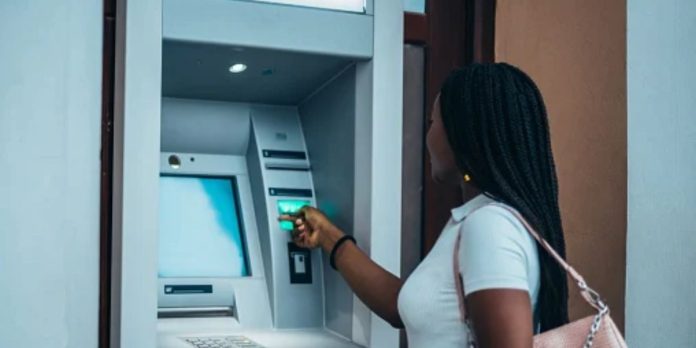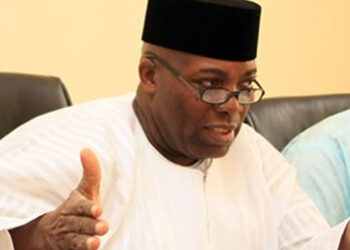The Nigerian currency faced a significant setback on Thursday as it reached an alarming rate of N1,000 to the U.S. dollar on the parallel market. This new record low followed a recent weakening trend of the local currency due to demand pressure and limited availability of dollars in the market.

Bureau de Change pressure
Just a day before, the naira had closed at N858 to the dollar on the parallel market, but traders on the Bureau de Change window noted that the demand pressure intensified, causing a rapid depreciation of the currency.
The pressure, which was initially focused on the official forex market, has now shifted to the autonomous market window, raising concerns among traders and investors.
The currency briefly touched N1,000 against the dollar before bouncing back to Wednesday’s closing level of N858.
Depreciation of naira
According to market operators, the initial depreciation was a result of the surge in demand, but a subsequent increase in dollar inflows led to a partial recovery.
The ongoing depreciation of the naira has caused worries among economic insiders about the currency’s stability.
Industry experts attributed the mounting pressure on the currency in the autonomous market to a rising number of independent petroleum marketers seeking dollars for fuel imports. This heightened demand for foreign exchange has further strained the already struggling local currency.
Even on the official window, the naira weakened against the dollar as pressure increased from fuel importers and other end-users.
The Interbank Foreign Exchange (I&E FX) market saw the dollar quoted at N793.70, compared to the previous close of N742.93, according to data from the FMDQ platform.
Despite the recent abolishment of multiple exchange rates in the country, the availability of dollars to end-users remains insufficient, according to currency dealers.
Many manufacturing firms and importers are still heavily reliant on the autonomous window to fulfill their foreign exchange requirements, indicating the persistent challenges in Nigeria’s forex market.
As the nation grapples with these currency fluctuations, authorities are closely monitoring the situation to mitigate its impact on the economy and stabilize the naira. However, the situation calls for careful measures to restore confidence in the local currency and strengthen its position against foreign currencies.

![El-Rufai accuses Tinubu of Sponsoring Crises in PDP, Labour Party, others [Video]](https://ideemlawful.com/wp-content/uploads/2025/03/images-2-23-75x75.jpeg)


















